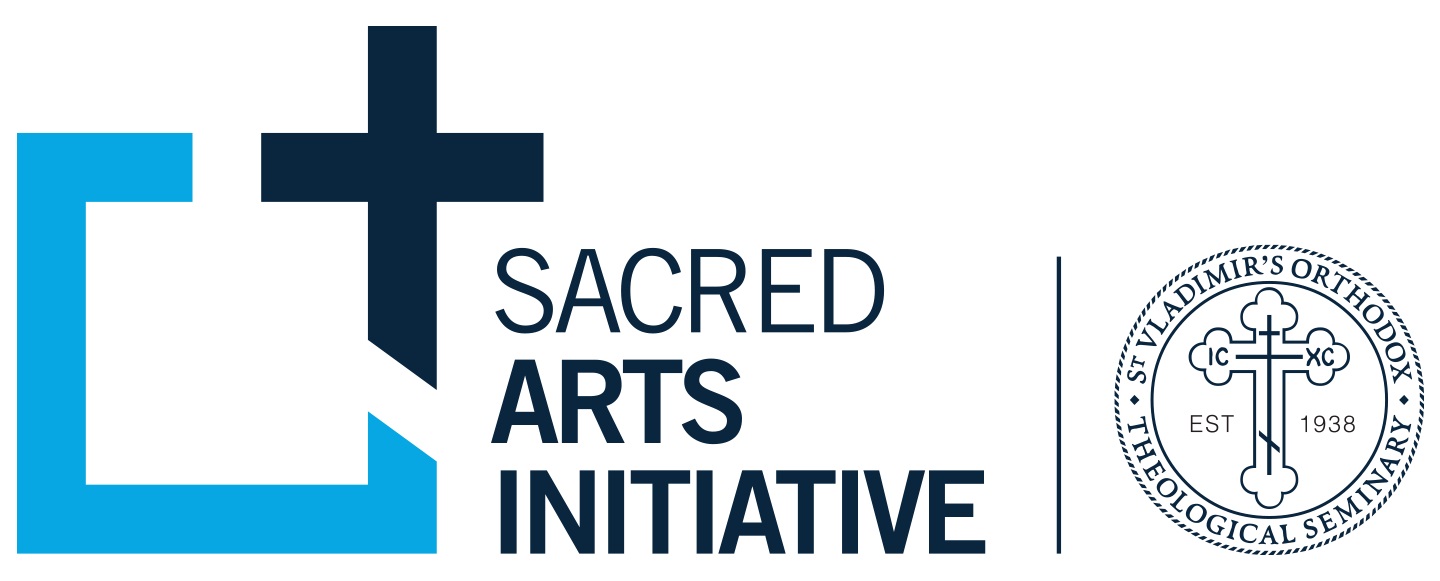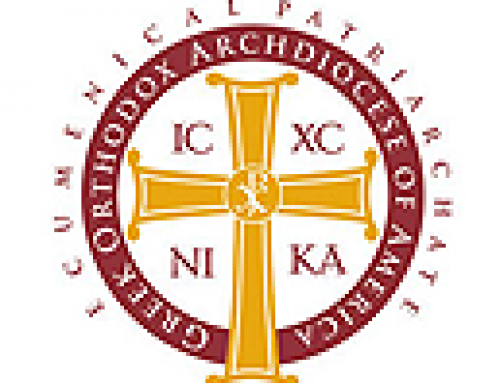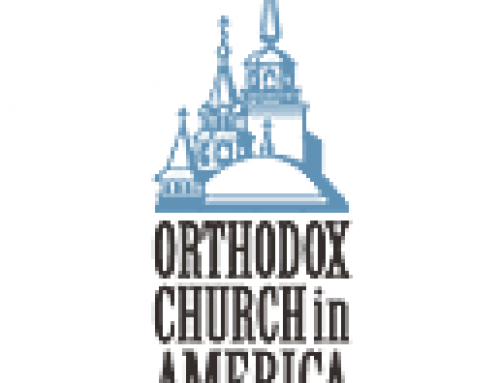This post was originally published on this site

Saint Vladimir’s Orthodox Theological Seminary [SVOTS] is poised to establish a permanent Institute of Sacred Arts [ISA] on its campus, with “creativity and holiness for the life of the world” as its mission, thanks to a $250,000.00 grant from the Henry Luce Foundation.
The grant, as announced in November 2018, will help the Seminary build upon the Sacred Arts Initiative [SAI] which the Luce Foundation also funded in 2016. The Institute of Sacred Arts will introduce a curriculum where art and theology are mutually interpretive: theology informing the arts, but also arts informing theology.
“Many universities and divinity schools are concerned with the arts, but only rarely are they thoroughly integrated with the theology that might undergird them, or with the liturgy that brings them into a coherent, performative whole,” said Dr. Peter C. Bouteneff, SVOTS Professor and Director of the SAI. “We seek to integrate across the sacred arts—visual, aural, rhetorical, and tactile—as a means to study theology, especially through the liturgy, and to bring theological insights into the study of art, a field often dominated by historical, critical, and political perspectives.”
Over the course of three years, SVOTS will begin expanding its curriculum. Students drawn to the Seminary for its richness in the arts will be able to specialize by following a newly designed concentration or track. All seminarians, however, will experience the interweaving of the arts into their core courses, including Church history and theology. Additionally, an artists-in-residence program will help the ISA offer the highest level of professional expertise in the practice of the arts. (This component of the ISA is not part of the Luce Grant funding. Donations to help sponsor artists-in-residence may be made through the Seminary’s giving page.)
The fruits of the ISA will also be extended to the general public with the annual five-day Sacred Arts Summer Institute, beginning in 2020. SVOTS faculty, artists-in-residence, and visiting artists will lead master classes on such subjects as singing, conducting, and music composition; icon painting and carving; literature and poetry; and homiletics.
“The Summer Institute will be able to go one step further than many weekend or one-day workshops, as SVOTS will integrate arts practice with the highest caliber of theory and theology,” said Dr. Bouteneff.
Before every Summer Institute, building upon the success of two “Rethinking Sacred Arts” symposia funded by Luce’s previous grant, an annual three-day scholarly symposium on sacred arts will take place.
Through the new grant, the Seminary will also expand collaborative relationships with other institutions, theological schools, and universities, as well as with sacred arts creators, and produce audio and video podcasts for the public.
“Saint Vladimir’s is now well-positioned to offer something with the ISA that really isn’t available anywhere else,” said SVOTS President Archpriest Chad Hatfield. “We anticipate making a major impact on the fields of art and theology through the introduction and careful testing of a new and fully arts-integrated model of higher theological education.
“We are so thankful to the Henry Luce Foundation for continuing to believe in what we have been working toward with the Sacred Arts Initiative,” he added.
In recent years, the partnership with the Luce Foundation has produced the landmark Avro Pärt Project and its concerts, lectures, and publications, and the three-year Sacred Arts Initiative, both of which have grown out of the seminary’s historic commitment to the study of icons and sacred music.
“The work made possible by Luce Foundation support has already been instrumental in improving the education of our students, the collaboration of scholars in the field, and in engaging a broadly diverse public,” said Father Chad.
The Henry Luce Foundation was established in 1936 by Henry R. Luce, the co-founder and Editor-in-Chief of Time Inc., to honor his parents, who were missionary educators in China. The grant award was given through the Luce Foundation’s Theology Program, which aims to “advance understanding of religion and theology” through projects that “cross religious, disciplinary, and geographic borders,” and through support for “scholarship that is theoretically sophisticated, historically informed, critically reflexive, and practically invested.”
Read more on the Luce Foundation’s website.



